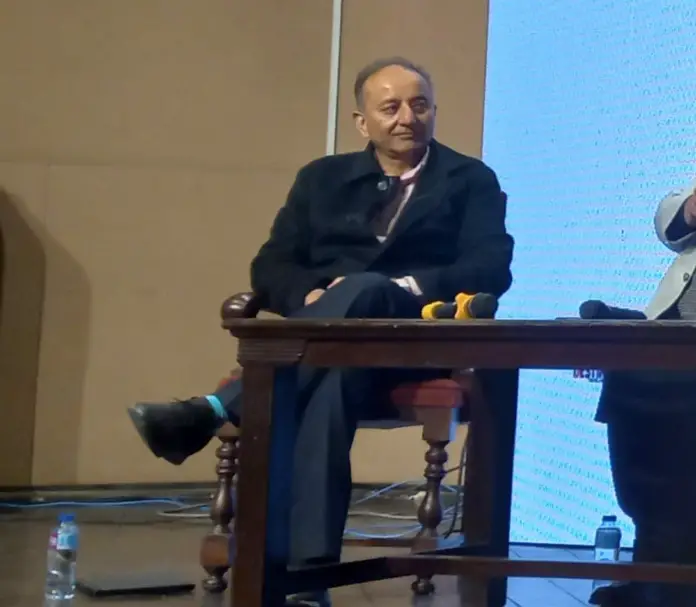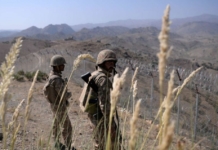In a candid revelation of Pakistan’s energy landscape, Musadiq Malik, a prominent PML-N leader, shed light on the nation’s realpolitik during a session at the Afkar e Taza Thinkfest 2024. Malik asserted that Pakistan possesses the world’s most efficient turbines, capable of significantly reducing electricity production costs.
Speaking on the efficiency of these turbines, Malik stated, “When we run these turbines on LNG, our production cost is estimated to be between 22 to 24 rupees. However, if we opt to run them on natural gas, the production cost can be further slashed to an impressive 7 to 8 rupees. The game-changer is if these turbines are powered by the gas supplied to fertilizer companies, the cost could be as low as 4 to 5 rupees.”
Malik emphasized that these figures are estimations but underscored their potential significance in reshaping the energy dynamics of the country.
He explained that a significant portion of the gas supply, around one-third, is currently allocated to four companies, each receiving 700-750 megawatts of MNC gas. These four listed companies, Malik claimed, are earning a whopping 50% profit on the supplied gas.
The PML-N leader argued that redirecting this gas supply to factories could lead to a substantial reduction in electricity prices.
“This reduction will have a cascading effect, allowing appliances like heaters and water heaters, which traditionally run on gas during winter, to shift to electricity. However, this transformation is contingent on the reduction of electricity prices,” he asserted.
Highlighting the current distribution of resources, Malik pointed out that less than 30% of the population has access to gas, while 90 to 95% of Pakistanis are connected to electricity. He urged the need for policy adjustments to ensure that the majority benefits from the potential reduction in electricity prices, rather than being limited to the elite who influence policy decisions.
“It is incumbent upon the people to question the elite who might resist such changes. The benefits of a more affordable and accessible energy source should be shared by the larger populace,” Malik concluded, challenging the status quo and encouraging public scrutiny of policies that influence the daily lives of the Pakistani people.







